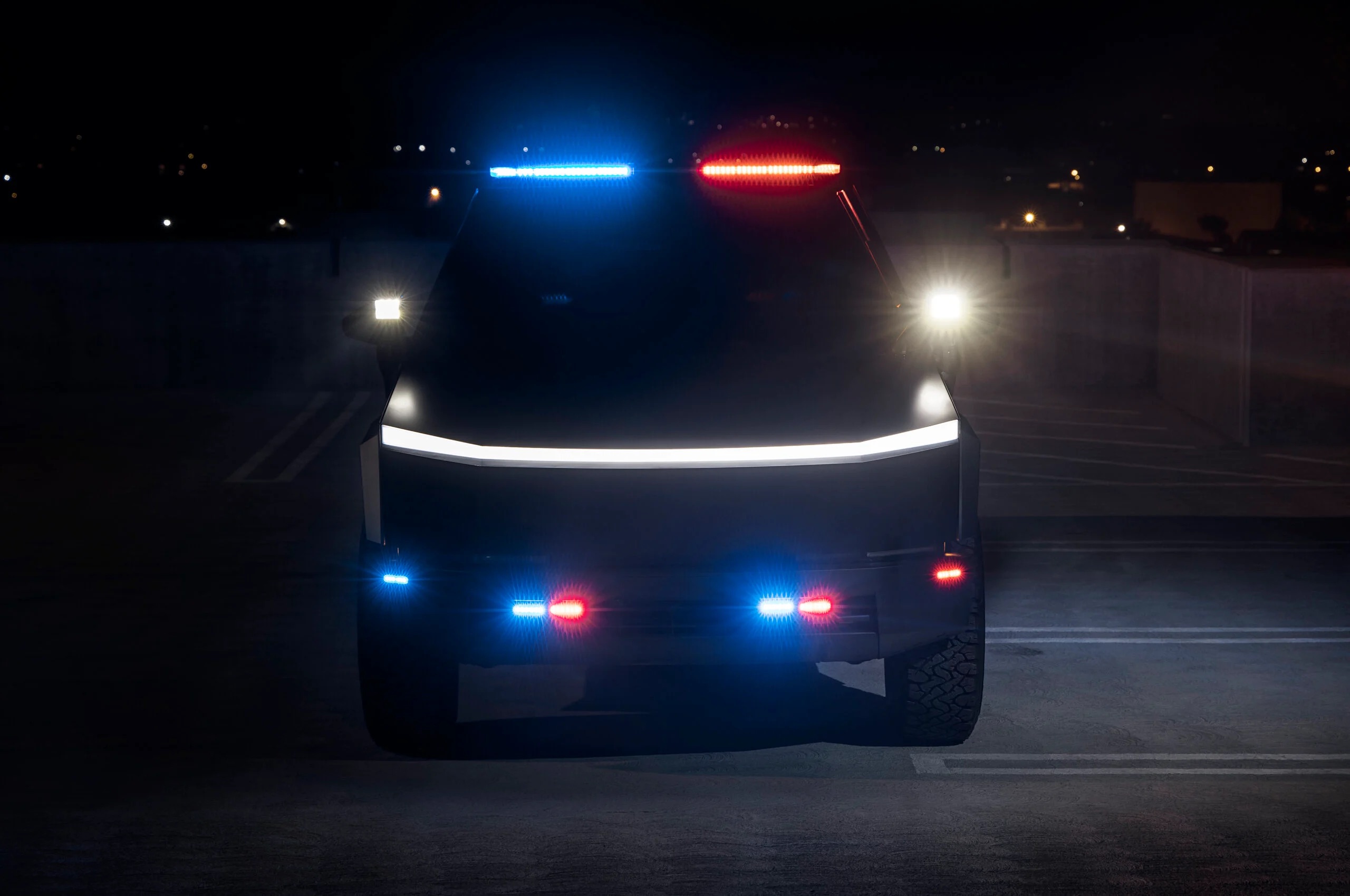The automaker is planning establish supply chains in key markets like the U.S., Canada and Japan
Bloomberg News
Honda Motor Co. will invest 10 trillion yen (US$65 billion) on its electrification strategy this decade as it expects demand for battery-powered vehicles will rebound from short-term headwinds that are stifling purchases.
The spending, which will run through fiscal 2031, will cover areas including software, research and development, and establishing supply chains in key markets like the U.S., Canada and Japan, the company said Thursday in its business plan update. The carmaker maintained its goal of battery and fuel-cell EVs accounting for 100 per cent of global sales by 2040.
As part of that target, Honda will roll out seven new EV models globally by 2030, chief executive Toshihiro Mibe said at a briefing in Tokyo. It plans to start selling two new EV models in China later this year, and will introduce an EV with a swappable battery to Japan by the end of fiscal 2026.
Honda has been benefiting from the rising appeal of hybrid vehicles as higher interest rates and waning subsidies hurt demand for fully battery-powered cars. And while the company will continue to boost hybrid offerings — it plans to sell 1 million this year and is laying the groundwork to build capacity to 2 million units annually — its investment plans signal automakers are bullish on full electrification over the longer term.
The world is moving toward decarbonization and there will be no derailing from that, Mibe said. “EVs are the best course for cars,” he said.
Supply chain security is a core concern and Honda said last month it will spend $15 billion to build one in Canada, where it will start producing EVs in 2028. The automaker aims to reduce EV manufacturing costs by about a third and bring down battery procurement costs by 20 per cent in North America, according to Mibe.
The company said it’s positive on its ability to secure enough batteries to produce about two million EVs per year. Honda also needs to build an EV factory in Japan, Mibe said, without providing further details.
About a fifth of Honda’s planned spending this decade will go toward research and development into software to improve mobility. The company joined fellow legacy marque Nissan Motor Co. to collaborate on technology including software as Japanese automakers look to claw back market share in China. Japanese firms have been losing ground to domestic EV makers that are viewed by discerning local consumers as better able to meet their specific tastes.
Strong competition has ramped up pressure on Japan’s automakers and Honda said this week that it’s reducing its full-time factory workforce in China amid declining sales. Still, that shouldn’t be seen as a sign the company is heading for the exit, according to Mibe.
“We have no plans to give up the Chinese market,” he said.
Share This:




